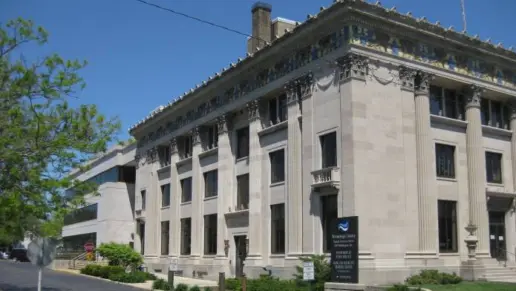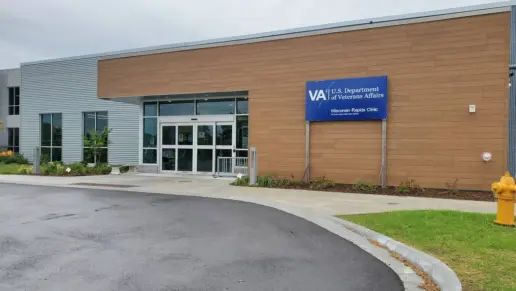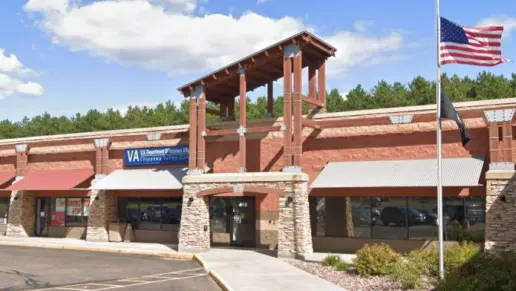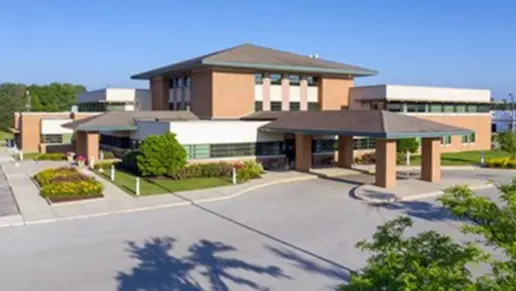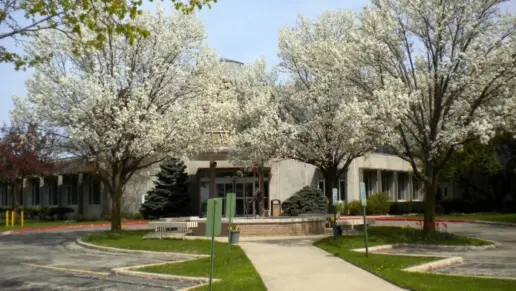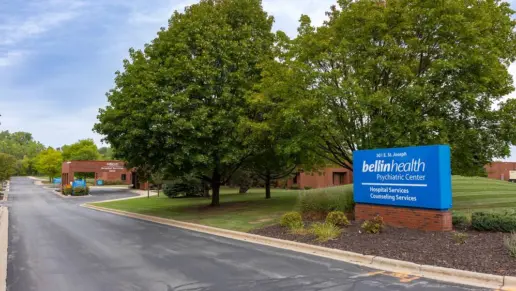About Lighthouse Therapy Services – Closed
Lighthouse Therapy in Sheboygan, Wisconsin offered counseling for grief, trauma, confidence, depression, anxiety, life transitions, and illness. They could help with substance use as well but didn’t have dedicated programs for addiction. Telehealth was offered to clients in other specified states. Unfortunately, this treatment center is now closed.
The clinic was in network with Aetna, Bluecross BlueShield, UMR, United Healthcare, and Cigna. Therapies always included CBT but it was used with other therapies based on the client’s diagnosis.
Walk and Talk Therapy
Walk and talk therapy was available to clients who were local. Therapy took place at outdoor locations such as parks and trails. This form of therapy allowed the client and therapist to step outside of the office for fresh air and light exercise, the pace set by the client.
Walk and talk therapy offers mindfulness and eco psychology. Clients were able to reduce stress and tension, improve circulation, breathe deeply, and eliminate negative thoughts and sensations.
Referrals for Substance Use Treatment
Sherri Webster was the owner and operator of the clinic. Although she did not offer in depth substance use treatment, she could have helped you discover underlying causes that she could treat. She could also have referred you to a local substance abuse treatment center. She is a licensed therapist, licensed clinical social worker and certified social worker in health care.
Relocation to Dover
Sherri Webster has relocated to Dover, Delaware under the business name Rising Sails. She offers telehealth appointments for clients in Delaware, New Jersey, Maryland, Virginia, South Carolina, and Florida. Rising Sails does not offer substance use treatment.
Other Forms of Payment
Medicaid is a state based program that helps lower-income individuals and families pay for healthcare. Medicaid covers addiction treatment so those enrolled can use their coverage to pay for rehab. When a program accepts Medicaid the client often pays very little or nothing out of their own pocket.
Medicare is a federal program that provides health insurance for those 65 and older. It also serves people under 65 with chronic and disabling health challenges. To use Medicare for addiction treatment you need to find a program that accepts Medicare and is in network with your plan. Out of pocket costs and preauthorization requirements vary, so always check with your provider.
Military members, veterans, and eligible dependents have access to specific insurance programs that help them get the care they need. TRICARE and VA insurance can help you access low cost or no cost addiction and mental health treatment. Programs that accept military insurance often have targeted treatment focused on the unique challenges military members, veterans, and their families face.
Addiction Treatments
Treatments
The goal of treatment for alcoholism is abstinence. Those with poor social support, poor motivation, or psychiatric disorders tend to relapse within a few years of treatment. For these people, success is measured by longer periods of abstinence, reduced use of alcohol, better health, and improved social functioning. Recovery and Maintenance are usually based on 12 step programs and AA meetings.
The goal of drug rehab in Wisconsin is to address drug addiction as a complex issue that involves physical, mental, and relational aspects. During rehab, treatment focuses on each of these areas and gives you the tools you need to achieve and maintain sobriety.
Opioid rehabs specialize in supporting those recovering from opioid addiction. They treat those suffering from addiction to illegal opioids like heroin, as well as prescription drugs like oxycodone. These centers typically combine both physical as well as mental and emotional support to help stop addiction. Physical support often includes medical detox and subsequent medical support (including medication), and mental support includes in-depth therapy to address the underlying causes of addiction.
Substance rehabs focus on helping individuals recover from substance abuse, including alcohol and drug addiction (both illegal and prescription drugs). They often include the opportunity to engage in both individual as well as group therapy.
Programs

Adult Program

Young Adult Program
Clinical Services
Group therapy is any therapeutic work that happens in a group (not one-on-one). There are a number of different group therapy modalities, including support groups, experiential therapy, psycho-education, and more. Group therapy involves treatment as well as processing interaction between group members.
